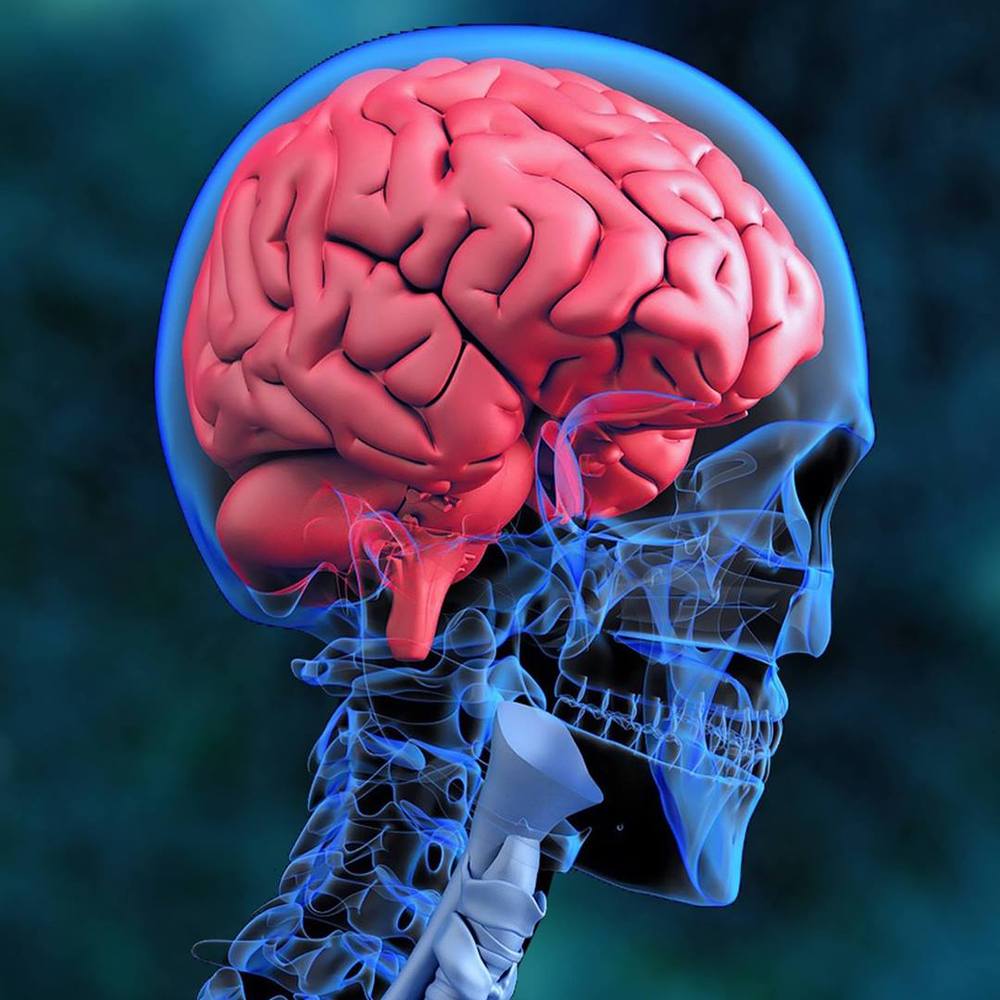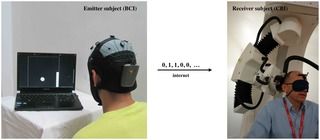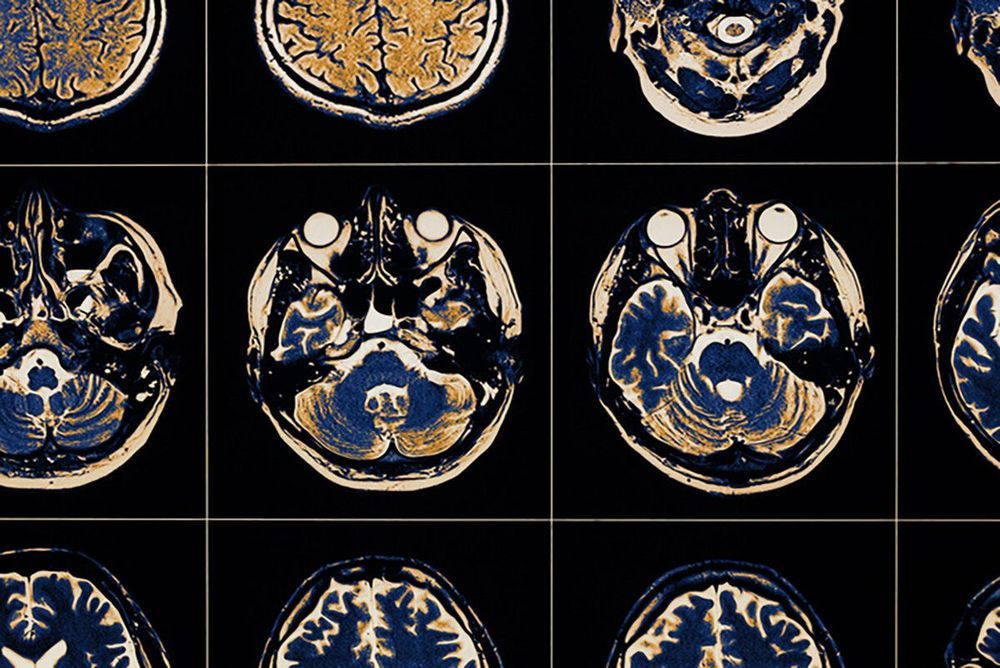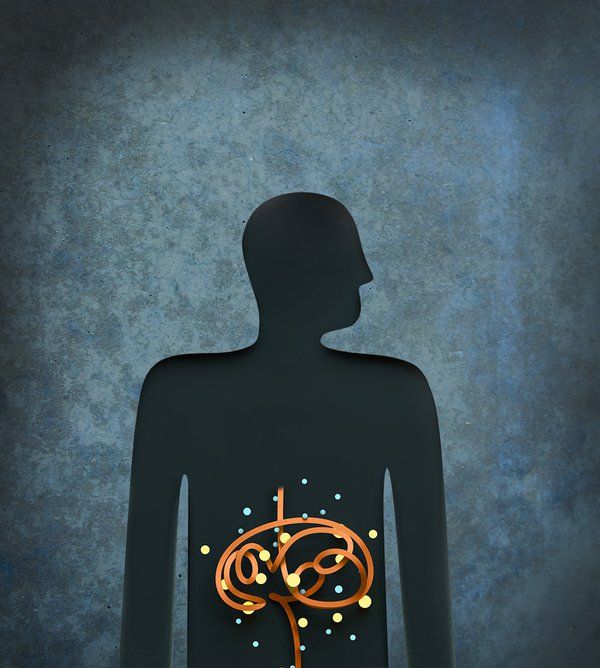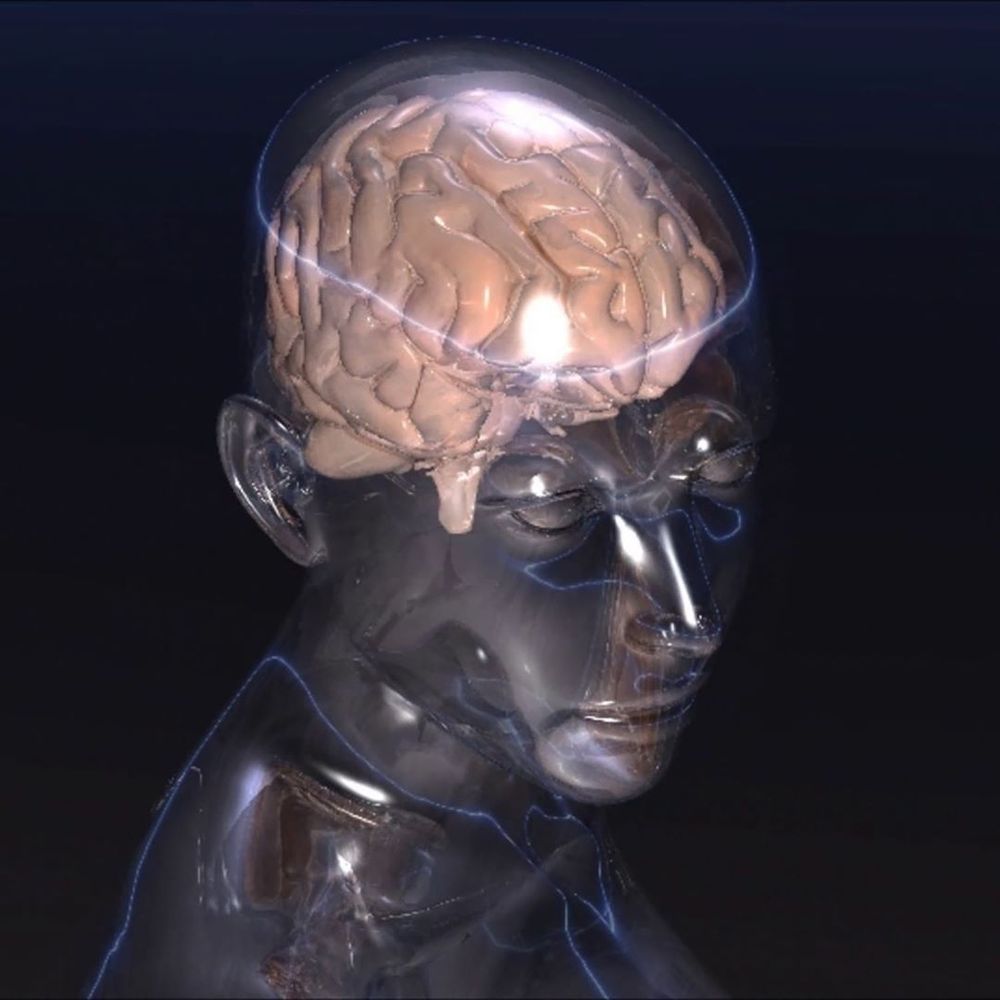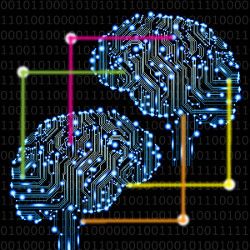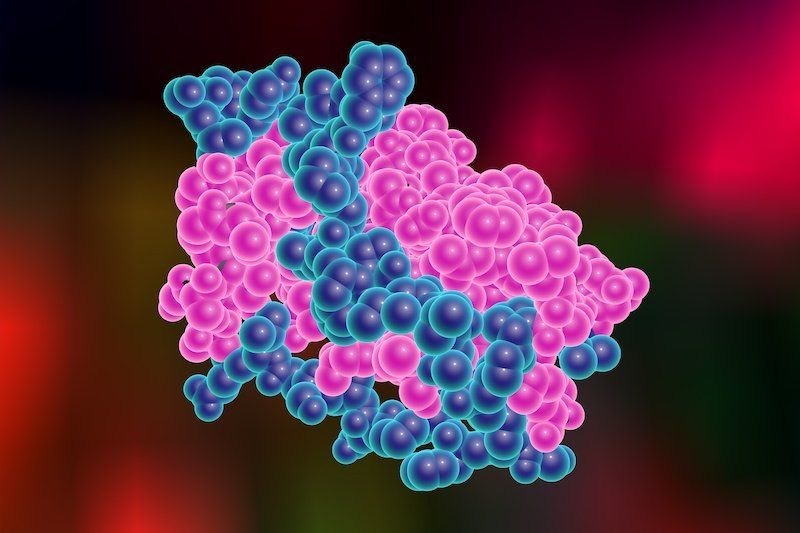Archive for the ‘neuroscience’ category: Page 642
Jun 22, 2019
Conscious Brain-to-Brain Communication in Humans Using Non-Invasive Technologies
Posted by Richard Christophr Saragoza in categories: biotech/medical, computing, internet, neuroscience
Human sensory and motor systems provide the natural means for the exchange of information between individuals, and, hence, the basis for human civilization. The recent development of brain-computer interfaces (BCI) has provided an important element for the creation of brain-to-brain communication systems, and precise brain stimulation techniques are now available for the realization of non-invasive computer-brain interfaces (CBI). These technologies, BCI and CBI, can be combined to realize the vision of non-invasive, computer-mediated brain-to-brain (B2B) communication between subjects (hyperinteraction). Here we demonstrate the conscious transmission of information between human brains through the intact scalp and without intervention of motor or peripheral sensory systems. Pseudo-random binary streams encoding words were transmitted between the minds of emitter and receiver subjects separated by great distances, representing the realization of the first human brain-to-brain interface. In a series of experiments, we established internet-mediated B2B communication by combining a BCI based on voluntary motor imagery-controlled electroencephalographic (EEG) changes with a CBI inducing the conscious perception of phosphenes (light flashes) through neuronavigated, robotized transcranial magnetic stimulation (TMS), with special care taken to block sensory (tactile, visual or auditory) cues. Our results provide a critical proof-of-principle demonstration for the development of conscious B2B communication technologies. More fully developed, related implementations will open new research venues in cognitive, social and clinical neuroscience and the scientific study of consciousness. We envision that hyperinteraction technologies will eventually have a profound impact on the social structure of our civilization and raise important ethical issues.
Citation: Grau C, Ginhoux R, Riera A, Nguyen TL, Chauvat H, Berg M, et al. (2014) Conscious Brain-to-Brain Communication in Humans Using Non-Invasive Technologies. PLoS ONE 9: e105225. https://doi.org/10.1371/journal.pone.
Editor: Mikhail A. Lebedev, Duke University, United States of America.
Jun 22, 2019
Could consciousness all come down to the way things vibrate?
Posted by Genevieve Klien in category: neuroscience
Gamma waves are associated with large-scale coordinated activities like perception, meditation or focused consciousness; beta with maximum brain activity or arousal; and theta with relaxation or daydreaming. These three wave types work together to produce, or at least facilitate, various types of human consciousness, according to Fries. But the exact relationship between electrical brain waves and consciousness is still very much up for debate.
Fries calls his concept “communication through coherence.” For him, it’s all about neuronal synchronization. Synchronization, in terms of shared electrical oscillation rates, allows for smooth communication between neurons and groups of neurons. Without this kind of synchronized coherence, inputs arrive at random phases of the neuron excitability cycle and are ineffective, or at least much less effective, in communication.
Jun 22, 2019
Stressing about aging damages your brain, shortens your life
Posted by Paul Battista in categories: life extension, neuroscience
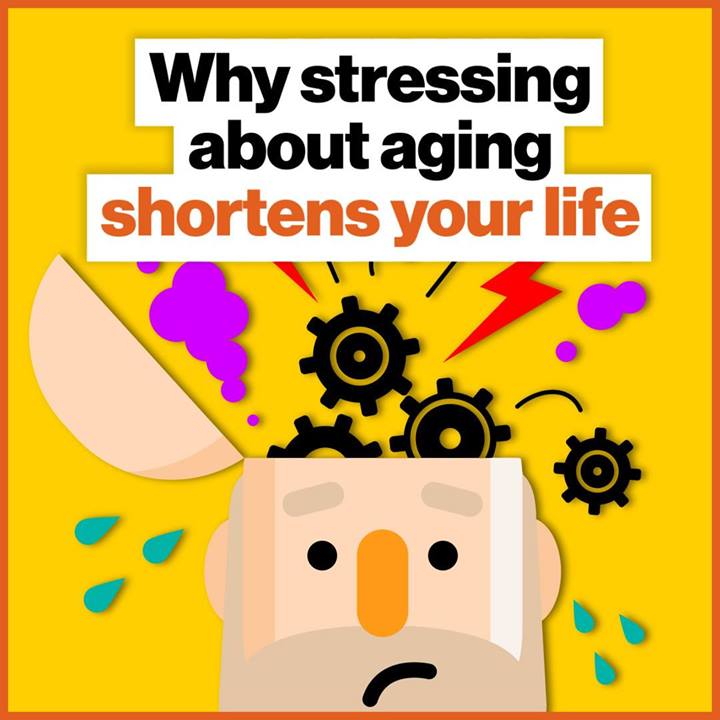
We’re discovering that simply worrying about aging can, in itself, lead to undue stress and premature aging, as a result. It can also shorten lifespan. In this video, author Ashton Applewhite explains.
Jun 21, 2019
A new drug target for chemically induced Parkinson’s disease
Posted by Paul Battista in categories: biotech/medical, food, neuroscience
More than three decades ago, scientists discovered that a chemical found in a synthetic opioid, MPTP, induced the onset of a form of Parkinson’s disease. In a new study led by scientists from the School of Veterinary Medicine, researchers found that an enzyme in the body can metabolize compounds formed in the brain from alkaloids present in certain foods and tobacco into MPTP-like chemicals, triggering a neurodegenerative condition in mice.
The researchers, led by Narayan Avadhani and Mrittika Chattopadhyay, suggest that the enzyme, mitochondrial CYP2D6, presents a potentially powerful new target for Parkinson’s treatment.
“Over the past two or three decades, researchers have tried inhibiting the process by which they believed MPTP was metabolized, with mixed success,” says Avadhani. “We believe that mitochondrial CYP2D6 is the more direct drug target, which might prove better in treating idiopathic Parkinson’s disease.”
Jun 21, 2019
Architecturing The Global Brain with a New Digital Currency: Facebook Unveils Its Libra Cryptocoin
Posted by Paul Battista in categories: cryptocurrencies, neuroscience
Crypto news: Facebook” s Libra, a new cryptocurrency is announced as a peer-to-peer payment within messenger apps. Cross-border transactions near zero fees is a major step towards the Global Brain.
Jun 20, 2019
Microbes Help Produce Serotonin in Gut
Posted by Richard Christophr Saragoza in categories: biotech/medical, neuroscience
Though serotonin is well known as a brain neurotransmitter, it is estimated that 90 percent of the body’s serotonin is made in the digestive tract. In fact, altered levels of this peripheral serotonin have been linked to diseases such as irritable bowel syndrome, cardiovascular disease, and osteoporosis. New research at Caltech, published in the April 9 issue of the journal Cell, shows that certain bacteria in the gut are important for the production of peripheral serotonin.
Jun 20, 2019
Alzheimer’s Vaccine Shows Promising Results In Mice
Posted by Paul Battista in categories: biotech/medical, neuroscience
Jun 19, 2019
Mind Over Matter: Cognitive Neuroengineering
Posted by Paul Battista in categories: biotech/medical, computing, engineering, neuroscience
I had a little more invested in BCI.
Brain-machine interface—once the stuff of science fiction novels—is coming to a computer near you. The only question is: How soon? While the technology is in its infancy, it is already helping people with spinal cord injuries. Our authors examine its potential to be the ultimate game changer for any number of neurodegenerative diseases, as well as behavior, learning, and memory.
Jun 19, 2019
Biology of leptin, the hunger hormone, revealed
Posted by Genevieve Klien in categories: biotech/medical, food, neuroscience
In a new study, Yale researchers offer insight into leptin, a hormone that plays a key role in appetite, overeating, and obesity. Their findings advance knowledge about leptin and weight gain, and also suggest a potential strategy for developing future weight-loss treatments, they said.
The study, led by investigators at Yale and Harvard, was published the week of June 17, 2019, in the Proceedings of the National Academy of Sciences.
Leptin, which is secreted by fat cells, informs the brain when fuel stored in body fat and in the liver is becoming depleted. It has not been well understood how low leptin concentrations in plasma — the largest component of blood — increase appetite. The researchers studied the biology of leptin in rodents. They also investigated the influence of nerve cells in the brain known as AgRP neurons, which regulate eating behavior.
